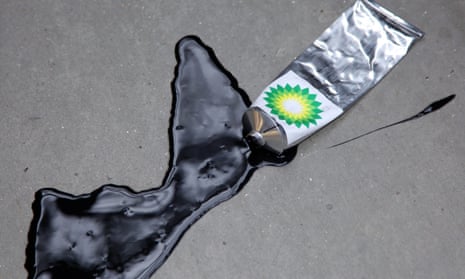Talking to a colleague in New York recently, I mentioned how important it was to me that the work I directed had the potential to change the world, however incrementally. It’s central to me to leave the audience thinking, feeling or acting differently: to give them a gift that they can carry out of the theatre into the wider world. It’s a feeling I recognise in many theatre-makers of my generation; an instinctive activism that marks our work indelibly.
For my American friend though, my assumption that theatre and the arts are implicitly tools for change was a strange one. In his ecology, the possibility of activating an audience, of sending them out into the world changed and empowered, is seen as dangerous and risky, potentially alienating the private funders who form the financial bedrock of the US theatre landscape.
Those patrons, wealthy enough to kick in thousands of dollars to support a piece of theatre, have accumulated the financial resources to do so through the successful manipulation of current socio-political mechanisms and on the back of inherited privilege or through exploiting the western capitalist market economy that helps the affluent become rich and the rich get obscenely richer. It stands to reason that anyone profiting so handsomely from the current social mechanisms would be reluctant to fund art that seeks to undermine that status quo.
In the UK, austerity has encouraged everyone in the arts community to think about ways to develop income streams beyond the subsidised model. We seek out ways to be more entrepreneurial and cultivate private and corporate donors in the hope that they’ll plug the gaps that government cuts have left in our balance sheets. By and large, this diversification of income streams is seen as a positive thing – the more places we get our money from, the more resilient we are to changes in our ecology. In the past 10 years, an organisation’s dependence on public subsidy has been transformed from a badge of honour and a mark of valued status as a cultural flagship, into a liability that leaves our cultural heritage vulnerable to the caprice of market economics.
In our hurry to compensate for the reductions in state funding over the past few years, have we truly considered the implications of this new entrepreneurial arts ecology? The National Theatre has already renamed the Cottesloe theatre the Dorfman in honour of a £10m donation from the founder of Travelex, itself a major corporate sponsor. It is now normal to see corporate brand identities stamped across our cultural institutions.
For the National Theatre, an organisation rooted in the cultural mainstream, perhaps the question is somewhat moot. But what of smaller, countercultural flagships such as London’s Battersea Arts Centre, Camden People’s theatre or Ovalhouse? Each of those organisations has built a reputation on supporting innovative artistic practice and politically activistic new work. I’ve seen vicious, political, angry, activistic and downright weird theatre at all of those venues, theatre that actively challenges the status quo, criticises the structure our society rests on, shocks or offends or makes me want to riot. The artistic programmes at all of those organisations are run by principled people committed to supporting artists to say whatever they damn well want to say, however they want to say it.
As state subsidy continues to shrink, what would it take for a small countercultural theatre to shake such principles? If an oil company offered a £200,000 donation should they accept, knowing that the biggest issue affecting humanity over the next 20 years will be climate change, and knowing that their theatre forms part of a cultural narrative that must drive the shift towards a more sustainable future? Would the perspective change if it was a bank making the donation? A bank that financed oil companies? Or fracking? Or the arms trade?
Many arts organisations have ethical policies to safeguard their core values, but the more state funding is cut, the more ethics and activism begin to feel like luxuries. While it’s rare, in this country, to hear about private or corporate donors demanding quid pro quo, it’s important that we consider what harm we do by allowing unethical brand identities to align with our own. Will that rock opera about childhood obesity be quite as hard-hitting if it’s sponsored by a soft-drink manufacturer? Will that devastating play about the exploitation of cheap labour in developing countries change anything if its costumes are sponsored by a high-street clothing chain? It’s important to realise that, consciously or not, every pound of private or corporate money we accept risks making artists less independent and less able to genuinely pursue the activistic agendas of their choice.
